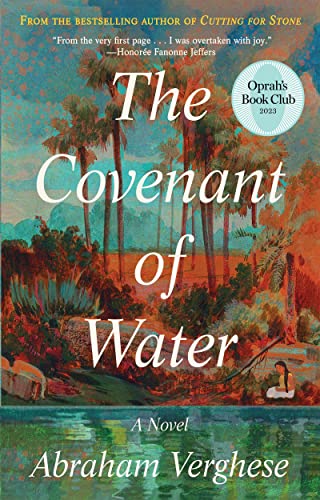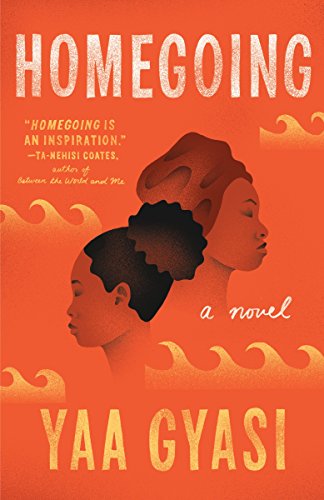An Unhurried Century : A Book Review of The Covenant of Water by Abraham Verghese
In 1900, Mariamma is not even a young woman when she is sent to be the bride of Parambil, a spacious, well-tended farm in the south of India. Everything about her life changes, yet the only thing she finds odd is that her betrothed refuses to travel by water. It’s the turn of a century, and a turn of fate in an important family’s history. Far away from the waterways, lakes, and rivers of her childhood, Mariamma evolves into Big Ammachi (big mother) of Parambil.
In a century’s time, Big Ammachi shepherds the families of her community with only a slight inclination of how her tending will influence India’s struggle for independence. While Big Ammachi grows to accept and love her husband, the Great Thambran, she knows India is a more reluctant bride to her British husband. Within the walls of the Parambil villa, ideas and revolutionaries and mothers of fighters are cultivated.
While a man aids in conception, it’s a mother that gives birth.
The Covenant of Water is a third person omniscient narration that spans multiple generations. Abraham Verghese braids character stories together securing the knots of the main family all into one complete story. This historical fiction novel could also be considered political, reflective, and personal. The story of a strong matriarch like Big Ammachi reminded me very much of Clara in Isabel Allende’s House of Spirits and Effia in Yaa Gyasi’s Homegoing. And what reader doesn’t love a grand family tree? For hours we can sit back and marvel at all of the branches connecting to one main root. It grounds us. And if we are lucky, these stories also spark a curiosity in our hearts to learn about our family history.
The Covenant of Water is very much a human-interest piece. I found myself tempted more than once to look up names of characters in the book on the off chance they were real people. A book like Abraham Verghese’s novel acts like a teacher for readers. When true stories of loss, hardship, and pain appear on our screens and in our newspapers, we will know how to respond appropriately. Characters can teach us about our humanity like when they extend love and forgiveness like Baby Mol or when they are treacherously selfish like Philipose.
I took my time reading The Covenant of Water. Over two months, I soaked up the lavish scenery, learned the characters’ personalities, and enjoyed the sophisticated language Verghese deployed. I’ll be the first to admit I do not take my time with books often enough, instead opting to know the ending quicker. The 715 pages of this book might be an intimidating choice to try this challenge for yourself. Or it might not?
I was sitting in a crowded coffee shop bustling with the sounds of grinders and smart phones and people ordering way too many add-ins to their already complicated drinks. Chapter forty-nine of this book caused all of that noise to fall away. Verghese’s novel transported me so that I was the one smelling the monsoon rains, hearing the whipping palm fonds, and smelling the rotten flesh of jackfruits. And when the shriek of a mother losing her first born son erupted from the pages, the experience felt absolutely real. Even if you are not able to pick up The Covenant of Water as your next read, let me persuade you, at some point, pick it up. This novel is a worthy read.
The story of a strong matriarch like Big Ammachi reminded me very much of Clara in Isabel Allende’s House of Spirits and Effia in Yaa Gyasi’s Homegoing. And who doesn’t love a grand family tree! Linked below for you to enjoy.


